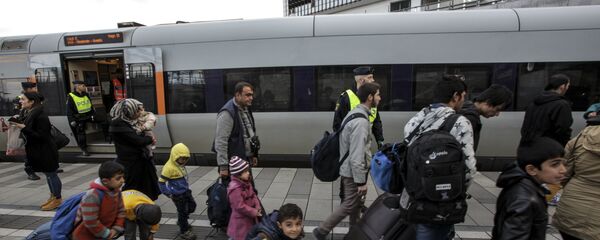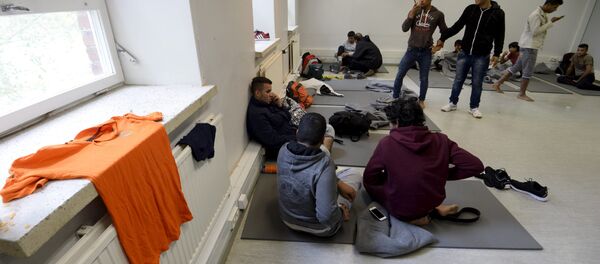In their research "Trading off Welfare and Immigration in Europe," which uses data from the European Social Survey on sixteen countries from 2002-2012, Moe Hansen and Legge attributed the spike in populist parties' popularity to rising unemployment amid the growing percentage of immigrants. At the same time, the percentage of disenchanted voters who support redistribution policies and are in favor of welfare state, yet oppose migration is also rising. According to the researchers, the increase is particularly significant among voters with low education who tend to be the most vulnerable in the labor market.
"When unemployment rate goes up, people tend to become more positive towards redistribution and less positive towards immigration. The response is all the stronger among those with little education the higher unemployment gets," Ole-Petter Moe Hansen told Norwegian newspaper Klassekampen.
Bernt Aardal, a professor of political science at the University of Oslo, suggested that it was difficult to separate economic from ideological motives in voting.
"That economically vulnerable people with low education tend to be more positive about the welfare state and negative towards immigration we know from Norway and a number of other countries," Bernt Aardal told Klassekampen, citing Norway's Progress Party as an example thereof, combining a center-left economic position with a right-wing stance towards immigration.
The Progress Party, which has long been a pariah in Norwegian parliament, entered into a ruling coalition with the Conservative Party in 2013. Likewise, the anti-immigrant and EU-skeptic Finns Party and Danish People's Party have already entered the halls of power in coalition governments in Finland and Denmark respectively. In Sweden, the long-shunned Sweden Democrats have been looking forward to gaining leverage, as the Conservative Party broke the cordon sanitaire other Swedish parties had established to keep off the "intruder."






